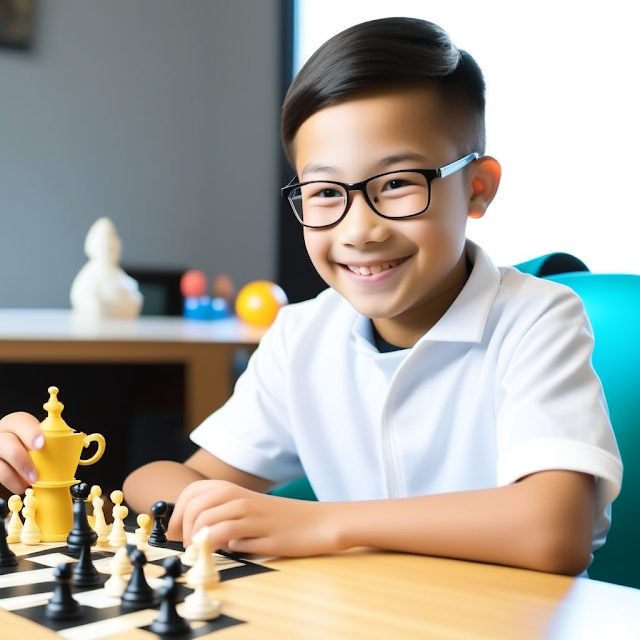Endgame Fundamentals: Mastering the Final Stages of Chess
Chess is a game of strategy, tactics, and foresight. While the opening and middlegame stages often steal the spotlight in terms of excitement, it is during the endgame that true mastery of chess is revealed. Endgame play requires exceptional calculation, accurate evaluation of positions, and precise execution. In this blog post, we will explore the fundamentals of endgame play that every chess player should understand to enhance their overall game. 1. King Activity: In the endgame, kings become powerful pieces as they can be actively involved in attacking and defending key squares on the board. It's crucial to activate your king early on and position it near important areas like open files or weak pawns. Additionally, when entering an endgame with just kings and pawns remaining, achieving an active king by occupying key central squares becomes even more vital. 2. Pawn Structure Evaluation: Understanding pawn structure is essential for evaluating endgames accu...



